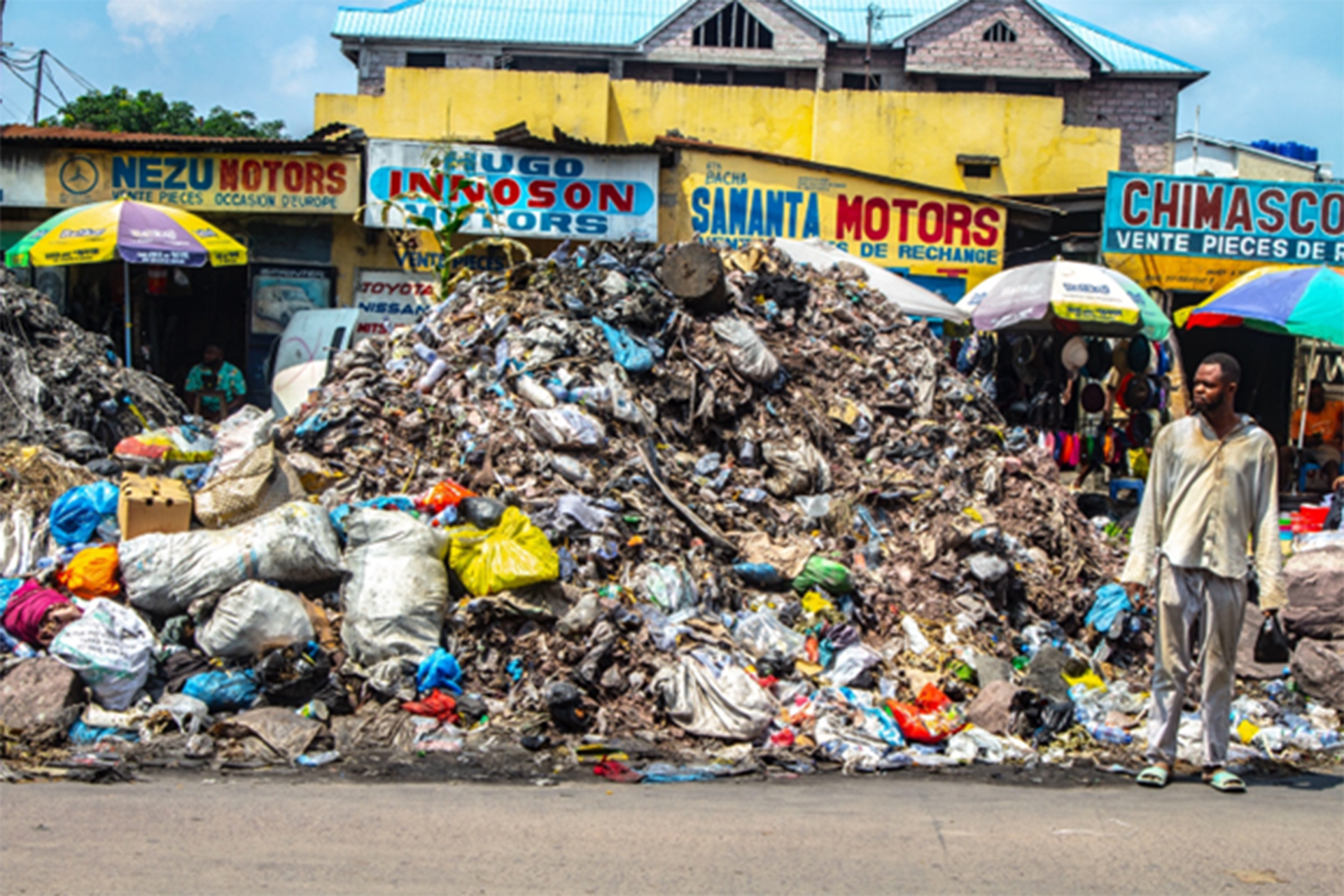27/8/2025–|Last update: 06:22 (Mecca time)
There was bitter disappointment and angry mutual accusations in Geneva earlier this month when it became clear that after 12 days of negotiations, the last round of talks failed to put the final touches on a global treaty on stopping plastic pollution.
This was the sixth attempt to impose a treaty over the past three years, but the talks have fallen again on the issue of production.
While a coalition includes more than 100 countries, including Europe and a number of developing small island countries, it has been pushed again towards a treaty that puts a maximum for plastic production, contradicts the so -called “similar thinking” group producing plastic signing any treaty.
These countries include several oil -producing countries, along with the United States, India and Russia, which held their positions that the treaty should focus only on waste treatment and rotation, and this stalemate has rejected the final draft of the treaty.

Possible solutions
“What we saw at the end of the meetings in Geneva was a recognition that something is broken, and that something should change,” said David Azoulay, Director of Environmental Health at the International Environmental Law Center.
Azoulay believes that the most likely road is to keep discussions within the ICRC of the United Nations Environment Program, but if this is scheduled to happen, the controversial consensus issue will have to be addressed, which has undermined the treaty.
Civil society activists and environmental organizations argue that dependence on consensus, when all delegations are required for a proposal to pass it, means that one country can obstruct the entire process, which aborted any treaty.
Nikki Davis, Executive Director of the “Plastic Solutions” Fund, says that she witnessed “an exploitation of consensus by countries striving to thwart an ambitious result.”
For his part, David Azoulay says that the idea of voting is the last resort, and it is designed to encourage discussions, “so that people have an incentive to reach a settlement.”
According to the original measures of the conference, which was held at the United Nations headquarters in Geneva, the vote can be made if it is not possible to reach a consensus, but this decision was largely ignored during all 6 discussion rounds.
Given the stalemate that occurred in Geneva, the failure to find a common ground, Azoulay believes that there is an increasing momentum to cancel the veto that is provided by consensus, and to allow voting in any future meetings.
Among the other options, Nikki Davies says that the Plastic Convention Protocol, an international treaty on dangerous waste, or simulating the process that led to a mine -prohibition treaty, has led to the process of the operation from the direct control of the United Nations, while maintaining its compatibility with the organization when applied.
Another ideas of discussion are signing a separate treaty. “One of the positives in which the Geneva negotiations came out is the formation of alliances and the level of global awareness of plastic pollution in an unprecedented way,” says Fabian McLillan, the administrative director of the Ocean Care Group for the protection of the marine environment.
In this context, Azoulay also says that about 90 countries met around possible controls on chemicals and some products, and can form the basis for the summit of consumer, and the establishment of an independent treaty on plastic.
By the inclusion of Europe and California, the third and fourth largest economies in the world, respectively, there will be immediately a strong incentive for the producing countries to adopt the rules of the treaty, in order to reach the markets.
Davis believes that such a commercial mass, with the correct market mechanisms, would “achieve the required impact of reducing production levels.”

The effect of the Chinese role
Perhaps what is also evident in Geneva is the increasing role that China will play with regard to the treaty. “We have to find a solution that suits China as well, as it is the largest producer of raw plastic, and it has already imposed controls on the production of some major polymers due to the low prices as a result of the excessive market,” says Azoulay.
Azoulay believes that the market situation currently does not meet their needs, so joining a treaty limits production and contributes to the market stability more economically for China.
In Geneva, for the first time, Chinese negotiators began to remark their position significantly from the “similar thinking” position on plastic pollution.
In the closing statement of the public session, China explicitly declared its belief that the treaty must cover the entire life cycle of plastic, from production to get rid of it, which is “an important step indicating that they distinguish their interests from the interests of oil and gas producing countries,” says Azoulay.
Current estimates indicate that plastic production is expected to double 3 times by 2060, as fossil fuel used in its production of environmental pollution, in addition to human health problems and the global climate crisis.
The world produces about 450 million tons of plastics annually, in practice it ends with about half of them in waste dumps, and is recycled less than five.
Ed Shepard, chief global sustainability manager at Unilever, is part of the “World Ambition Alliance”, which is supportive of the treaty, says he is frustrating from the stalemate in Geneva. “It is completely clear, whether for the planet or companies, that there is a need to change.”
The coalition models show that a treaty with global coordinated obligations, rather than voluntary obligations, can contribute to getting rid of more than twice the number of problems that cause problems that can be avoided. Investment will also be enhanced in improving recycling infrastructure, and ideas such as expanding the product of the product.
(Tagstotranslate) Environment and Climate (T) pollution (T) Asia (T) China

